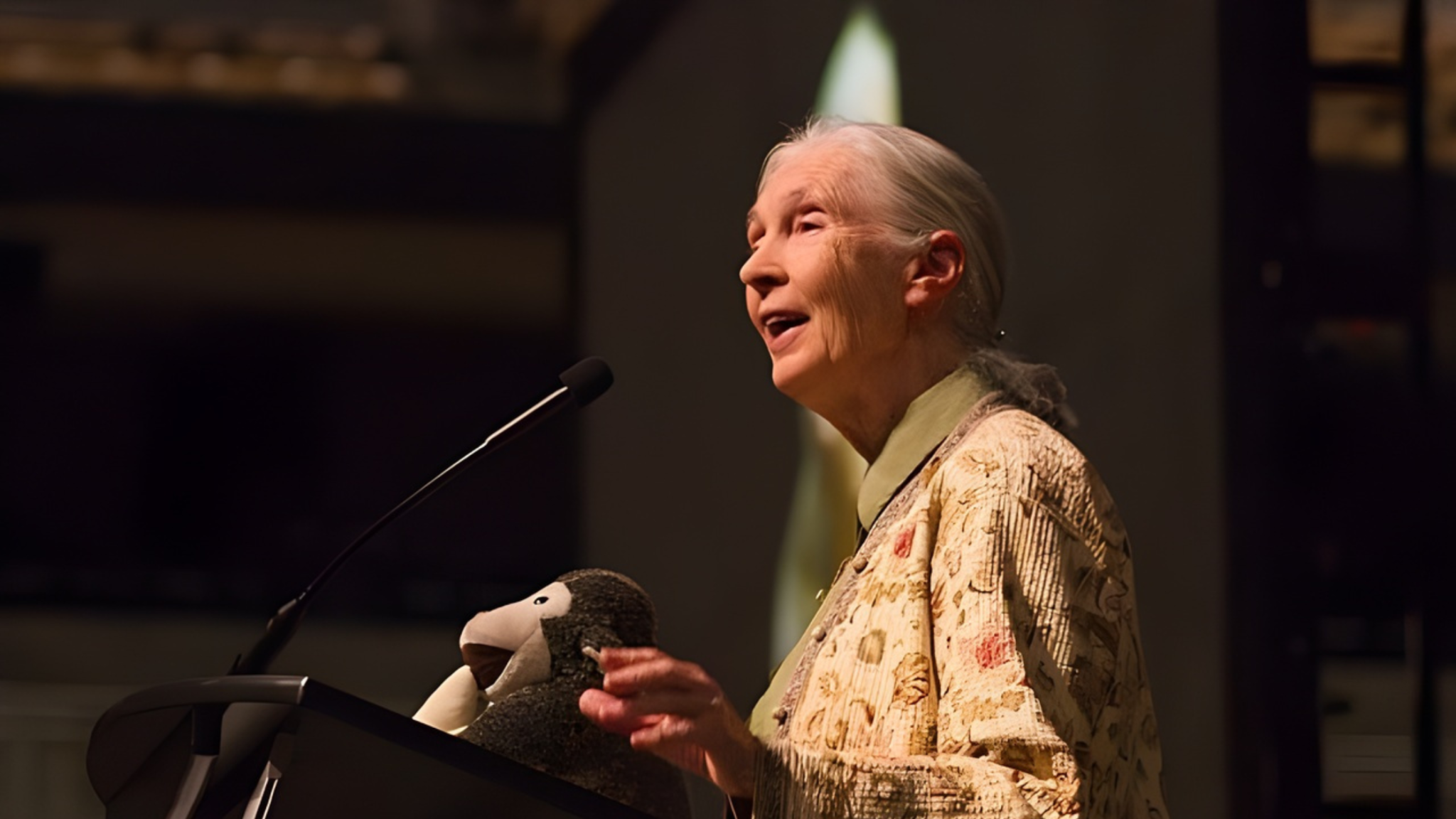Time travel has inspired countless sci-fi novels. Image credit: Pixabay.
Time travel is a staple of science fiction. Every form of this genre, from classic films to acclaimed novels, like Back to the Future and Kindred, has explored journeys through time. Even children’s programmes, like Gravity Falls, cannot escape this trope.
Charles Dickens’ A Christmas Carol, one of the first works of time travel, shaped modern science fiction, despite not being considered part of the genre itself. Scrooge, the protagonist, is not travelling to events in his past and future, rather he is shown visions of them and is unable to interact with them. Whilst this may distance A Christmas Carol from subsequent works that feature time travel, where characters are truly present in the places they travel to, it may have saved the now-classic novel from various plot holes and scientific inaccuracies that could arise from tampering with the past.
The trouble with time travel
The grandfather paradox is a key argument against the possibility of time travel. Consider someone travelling back in time and killing their grandfather before their parents were conceived. One of their parents would not have been born, so neither would the time traveller. They could, therefore, never have gone back in time to kill their grandfather in the first place. This is a simple yet fundamental flaw of time travel: if the time traveller exists, they cannot exist, but if they do not, they must.
This, however, is not the extent of the problem. The butterfly effect is the idea that simple actions can have drastic unexpected consequences. The flap of a butterfly’s wing, for example, could alter weather patterns on the opposite side of the world; a simple action in the past could mean you were never born. In The Umbrella Academy, a graphic novel series (popularised by its Netflix adaptation), when the characters go back in time, they inadvertently convince their adoptive father not to adopt them. This results in a chain of events that prevents them from time travelling; this is a clear parallel to the scenario in the original grandfather paradox. In time travel, even if all grandfathers remain unharmed, there is still a risk—a single conversation can kill.
In time travel, even if all grandfathers remain unharmed, there is still a risk—a single conversation can kill.
It seems science fiction faces a conundrum: either ignore this problem or ignore the extensive philosophical and scientific inaccuracies that stem from it. Nevertheless, it seems a solution has been found, illustrated perfectly in Gladstone and El-Mohtar’s novella: This is How You Lose the Time War.
The solution
This is How You Lose the Time War features two super-human agencies, “Garden” and “The Agency”. Each agency desires a different future for Earth; The Agency aims for a technological future, whilst Garden’s goal is to return things to their natural state. Each agency sends their agents to different points in the timeline to play small but vital roles in bringing these futures about. Blue and Red are the agencies’ respective best agents, who fight to play their roles in the timeline before the other can. They begin to communicate through letters, and slowly fall in love.
Whilst in This is How You Lose the Time War the characters seem to be altering the pasts they travel to, it is clear by the end that they are fulfilling the actions their future selves have already performed. Red may decide to go back in time to create a change, but before this decision has been made, the effects of her future actions are already taking place. Whatever they will do, they have already done, and there is no way for them to do anything else. Whilst they can participate in the past, they cannot change it.
This is the solution that philosophers, such as David Lewis, have presented to solve the grandfather paradox. If there is a time traveller who decides to go back in time and kill their grandfather, then they exist, and therefore it must be the case that their grandfather was not killed. They have already tried—and by virtue of their existence, failed—to commit the crime. They cannot change the past, so there is no way for them to have killed him, and so there is no paradox.
A new question, therefore, arises: if a time traveller wants to change the past and is physically able to perform that action, why can’t they?
What this means for free will
In This Is How You Lose the Time War, Red and Blue can interact with their past selves when they time travel. If they go back to a time they already lived through, there are multiple Reds or Blues existing at that time. This should mean they are well acquainted with the behaviours they are going to perform, and therefore know exactly what, or what not, to do to deviate from this. If they have free will, they should be able to change the past if they so desire.
Various time travel media have offered different solutions. One example is Gravity Falls, a TV show that follows twins Dipper and Mabel as they investigate the magical mysteries of the small town where they are spending the summer. They discover time travel, which Dipper uses to attempt to create the perfect day, going back in time whenever something goes wrong to change it. When he does so, Dipper’s present consciousness is transported back to his own body, creating a new past that he has not previously lived through. This means he has not already experienced what he is going to do, so does not know how to deviate from this if he so chooses. This seems to solve a part of this problem, but in doing so, creates an even bigger one.
Dipper, in one given moment, is a version of himself. In the future, if he travels back to that given moment, he is reliving it as a changed individual. This creates two distinct timelines. So, by the sheer fact that he time travelled, he changed the past. Now, not only could a single conversation in the past create a grandfather paradox, but simply being in the past does.
In This Is How You Lose the Time War, there is no lack of free will, and no grandfather paradoxes.
So, we must look for another way to reconcile time travel with free will. If someone returning to the past interacts with their younger self and makes their younger self want to deviate from these actions, the time travelling self will also want to do so. They will be time travelling with the intention of not performing the actions that they are performing. Whatever is preventing the time travelling self from performing their desired actions will prevent the younger self when they grow up to time travel. This does not have to be a lack of free will but could be a source beyond the person’s control that stops them from performing their desires.
If a child met their future self who had travelled back in time to kill their grandfather, but was stopped by the gun stalling, the child would know that when they went back in time to kill their grandfather, they would need to not use a gun. However, the older version of the time traveller would also know this—they would have seen the same thing—but something must have happened to make them use a gun (such as running out of time to find an alternative weapon), and the same thing will happen to the child when they grow up.
This is the kind of time travel in This Is How You Lose the Time War. There is no lack of free will, and no grandfather paradoxes. What happens at the end is written from the beginning (sometimes quite literally). This makes for an incredibly difficult book to write without it becoming overly complex or predictable, and even harder to write as one of the most powerful and impactful books of the modern age. It seems Gladstone and El-Mohtar were more than up to the challenge.





